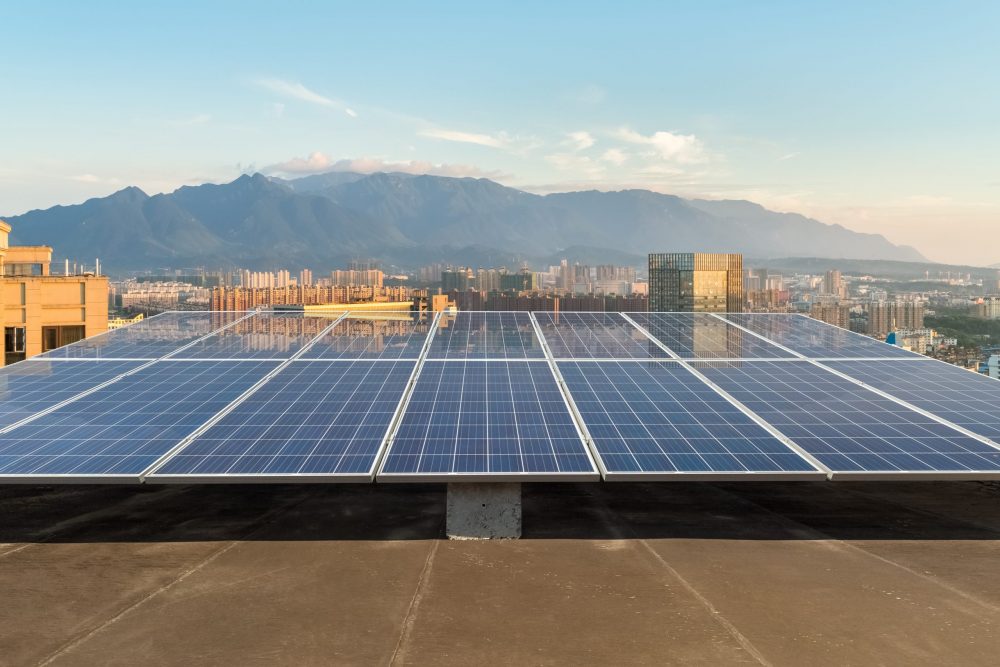By Emma Penrod | Utility Dive
Dive Brief:
- Arizona’s Salt River Project (SRP) may be liable for antitrust violations customers say occurred when it raised electrical rates for customers with rooftop solar panels, according to a 9th Circuit Court of Appeals ruling issued on Monday.
- According to the ruling, because the public power utility sets its own electric rates, it does not benefit from the legal protections enjoyed by regulated entities. The decision to raise rates after its own attempt to enter the solar market failed is grounds for antitrust litigation even if the rooftop solar market continued to thrive, according to the court.
- The ruling could establish an important precedent for other suits regarding rooftop solar, according to Court Rich, an attorney specializing in energy and regulatory law and co-founder of the Rose Law Group in Arizona. However, the ruling may only apply to state-owned utilities that don’t answer to regulatory commissions, given the specifics of the case.
Dive Insight:
Utilities with the legal authority to set their own rates may not be exempt from antitrust litigation if they use that authority to price competing services out of the market, according to the 9th Circuit Court of Appeals.
A panel of judges from the court ruled on Monday that a case against Salt River Project in Arizona may proceed in spite of being initially dismissed by a lower court. The previous court had decided that although SRP is subject to antitrust litigation, the customers who sued the utility had failed to establish that SRP’s decision to raise rates in 2015 had injured the solar industry. But after reviewing the facts of the case, the 9th Circuit Court of Appeals found that there is sufficient ground for the case to proceed.
“It’s been completely obvious for a decade now that utilities are ganging up on rooftop solar,” Rich said. “If that’s not antitrust, I don’t know what is. This decision makes it easier to get a remedy and will hopefully make utilities think twice about their monopolistic actions.”
But because the court indicated that their decision hinged on SRP’s ratemaking authority, Rich said, the outcome of the case may not apply to investor-owned utilities subject to regulatory oversight.












